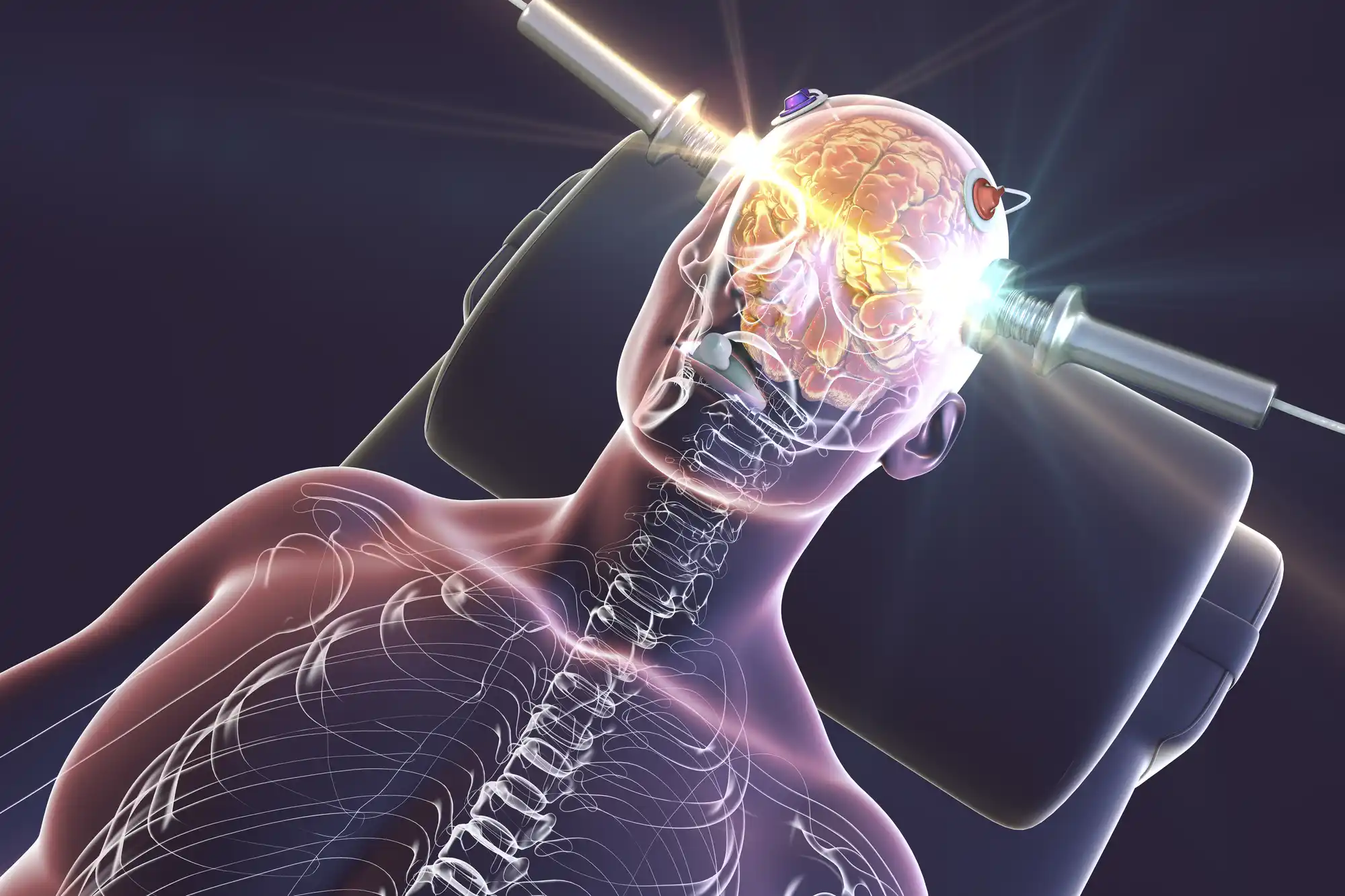
“In my experience, patients who have high positive regard for the hallucinogenic—mystical and transcendental—experience also tend to have better antidepressant response to ketamine infusion,” Mark Niciu, assistant professor of psychiatry at the University of Iowa and one of the main authors of a 2015 study that found a correlation between ketamine and dissociation, told Gizmodo. Ketamine’s effectiveness, Niciu claimed, can depend on the patient’s mindset. There are several factors to continue investigating, which may yield treatment for a large population of patients for whom nothing has workedf so far.
In 2000, Robert Berman and his colleagues at Yale ran a small study testing the effectiveness of ketamine in patients with treatment-resistant depression. They discovered that the ketamine significantly reduced their patients’ depressive symptoms, according to a widely accepted questionnaire, the Hamilton Depression Rating Scale. Until this study, ketamine was known in a few different ways. It is an anesthetic and non-opioid painkiller that was released in the late 1960s and is often used in emergency rooms. The more adventurous among us might know ketamine as Special K, a rave drug often snorted that causes euphoria, hyper energy, hallucinations, and dissociation—an experience where the user is unaware of time, their body, or surroundings.
Please visit Gizmodo to learn further about this research.


















